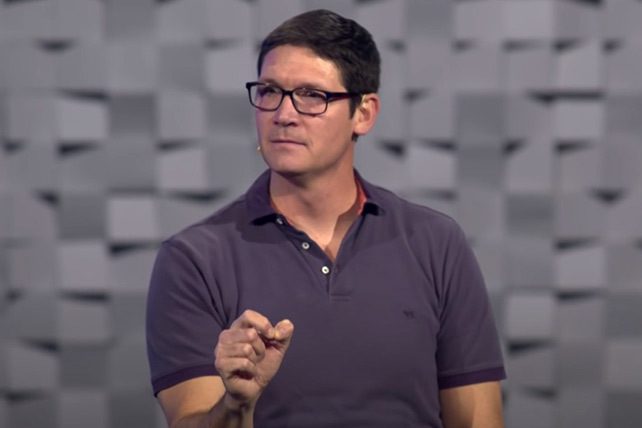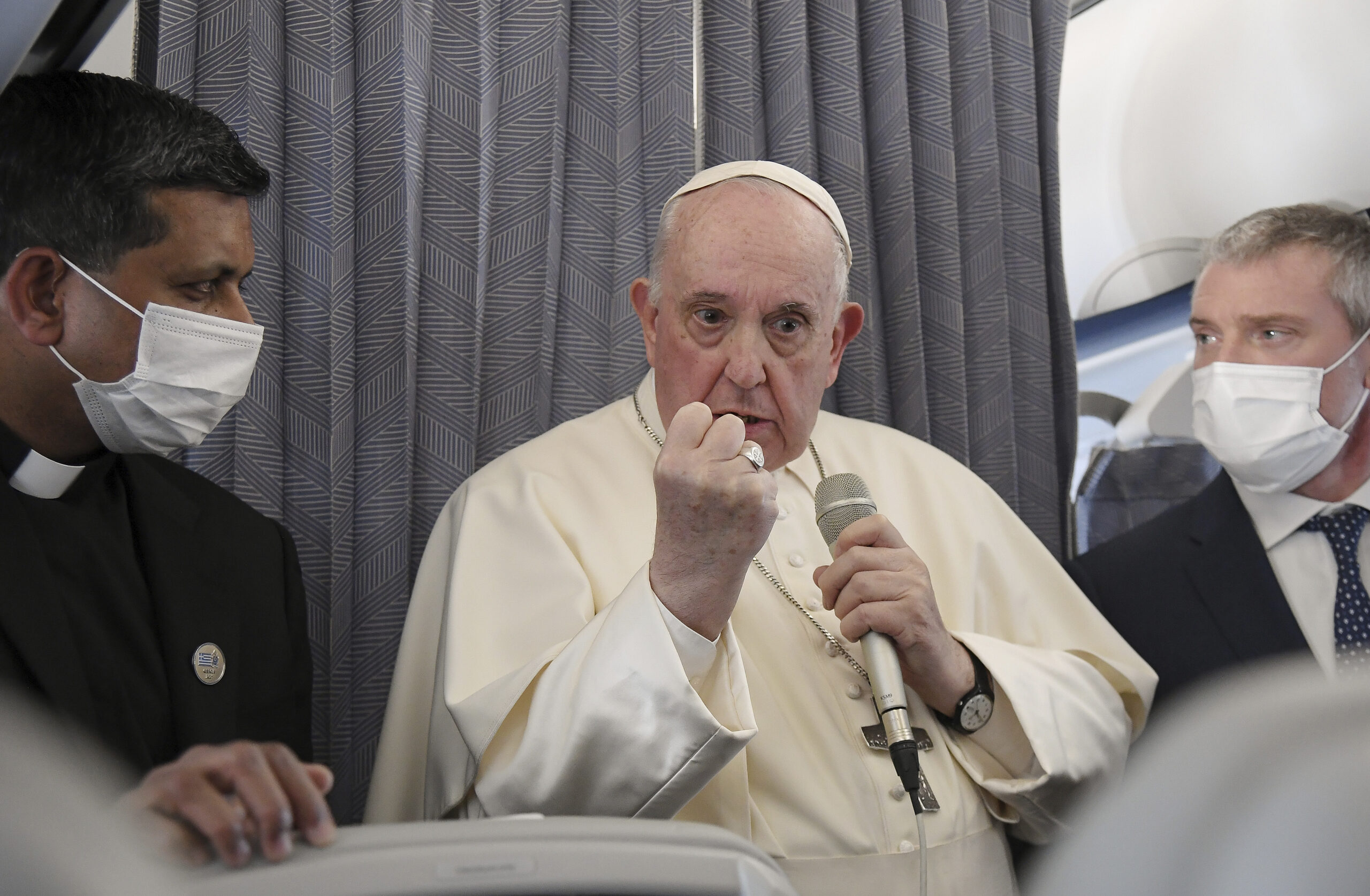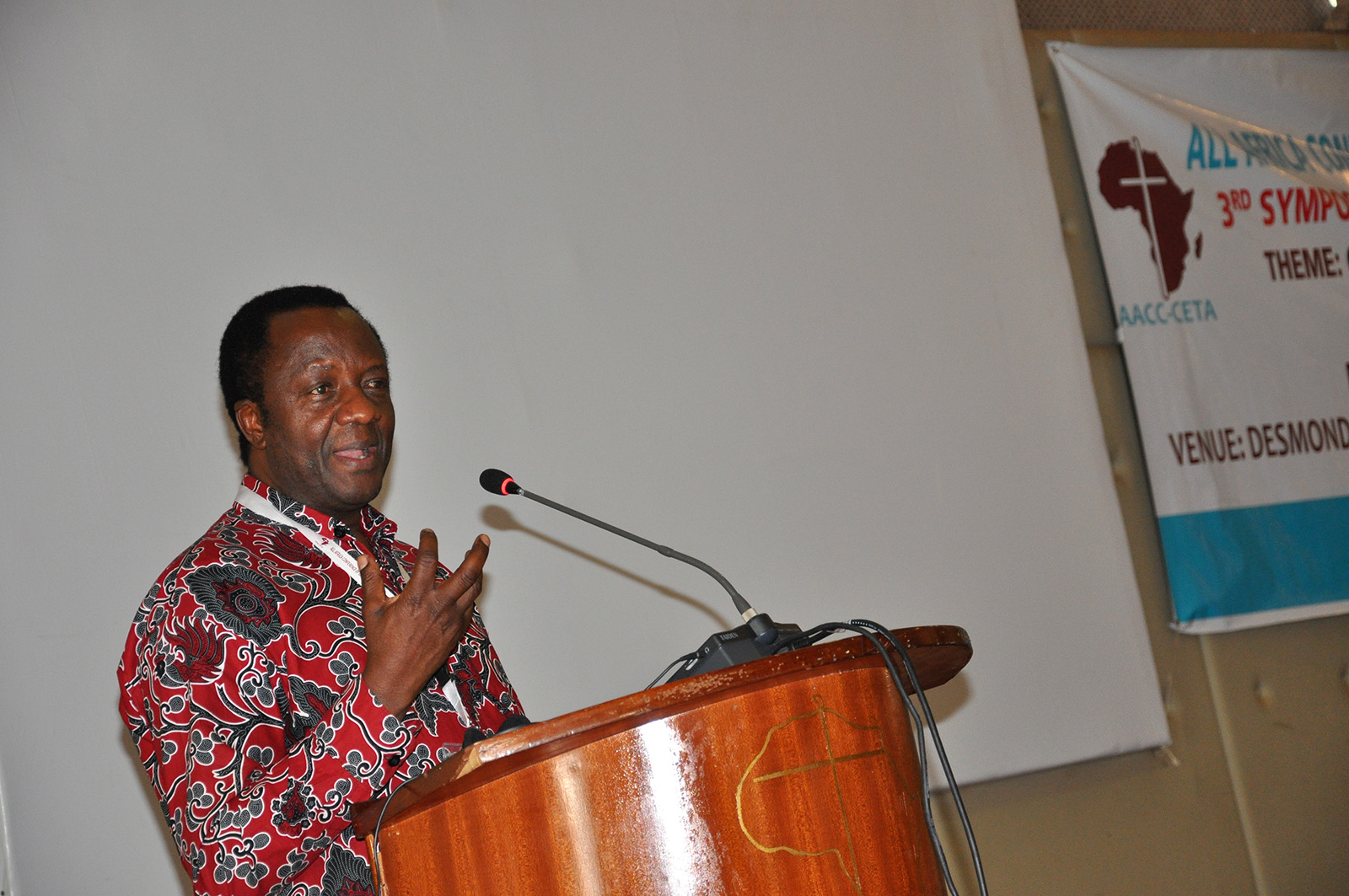How many things are required in ministry that are simply a waste of a pastor’s time?
“The greatest gift you could give me is more time.”
The statement was made half jokingly by a pastor. Of course, he didn’t think I could create days with more than 24 hours. But he was busy, overcommitted and worn out.
He is not alone.
What if I told you I could help you get 10 or more hours of your week back? That’s like having an extra three weeks a year. In order to make this quest a reality, let’s look at some of the greatest time drainers of pastors and staff, with suggestions about improving each of them.
8 Things That Are a Waste of a Pastor’s Time
1. Regularly scheduled meetings.
How many hours do you spend each month in meetings you feel obligated to attend? Probably a lot. Solution: Ruthlessly evaluate all of your mandatory meetings. You can probably eliminate two or more. And never add a regularly scheduled meeting without eliminating another.
2. Add-on meetings.
“Pastor, can we get together this week to talk about something?” How many times have you received similar requests? Think of the time expended scheduling the meeting, going to the meeting and, possibly, following up on the meeting. Solution: Say no. Tell the person you will talk about it right then. The conversation will likely be shorter than five minutes.
3. Non-productive meetings.
Have you ever ended a meeting thinking it was a total waste of time? Or perhaps most of the meeting was a waste of time. Solution: Never go into a meeting without a clear and specific agenda. Also, have a definitive ending time. Don’t go one minute beyond that time.
4. Telephone calls.
Many of you are constantly answering the phone. You get started on one project, only to be interrupted. Solution: Get a second phone number to share with church members. There are some services and apps that offer a free number. I use Google Voice. Any call to Google Voice goes to voicemail, where I decide later how I will handle the call.
5. Social media complexity.
Some of you pastors and staff are constantly interacting with church members on Twitter, Facebook, Instagram and other social media. I wouldn’t be surprised if the amount of time spent on this task is 10 to 15 hours week. Solution: Stop it! You have no obligation to respond on social media. Get rid of the guilt trip and get your time back.
6. Old school secretaries.
The world of support staff has changed dramatically. If you have a secretary who is still in the 1990s or 2000s, you are wasting a lot of time. That secretary provides you no efficiencies. Solution: Get a productive assistant. If your church cannot afford one, check into a virtual assistant. I personally like EAHelp. I will expand on this issue in my next post.
7. Time in the car.
Depending on your hospital visits or commute, you could spend a lot of time in your car. Solution: If possible, select a specific day to do hospital visits, so that you are not interrupting your other days continuously. Also, make the most use of your time in your auto. I love Audible books by Amazon. For less than $10, I choose a new book every month. My learning curve has gone up yet again!
8. Counseling.
I know one pastor who counsels over 20 hours a week. Needless to say, he is burning out as he counsels and carries out other responsibilities. Solution: Most of you pastors and staff are neither trained nor equipped to do counseling. Stop it and refer requests to those who can do the ministry better. Limit your counseling to one-time sessions and to times for spiritual counseling.
Time, including a pastor’s time, is a gift from God. It is not to be wasted or abused. Go through these eight items again. Do you see some areas that are a waste of time? Are there some other insights you can provide us about the use of a pastor’s time?
This article originally appeared here.





















